Archives: FTM – Reports
-
FTM Report Nigeria 2024
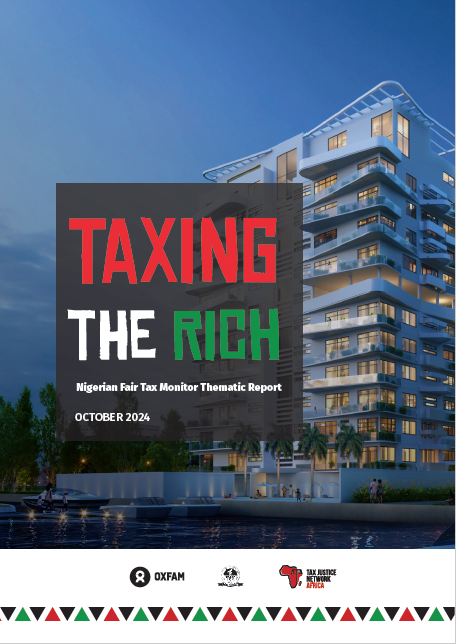
This is the 2024 Fair Tax Monitor (FTM) report on Nigeria and the first FTM report with the first thematic focus on Taxing the Rich. The report focuses on the yawning revenue gap that threatens the country’s developmental ambitions and the rampant inequality whereby the wealthiest 1% of the population possess five times as much…
-
FTM Report Mozambique 2023
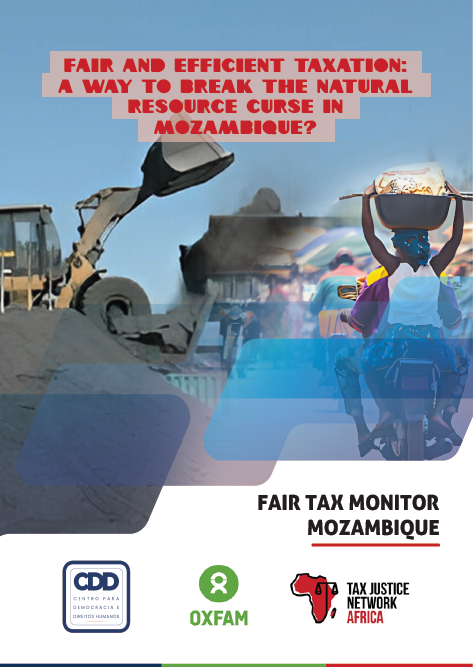
This is the Fair Tax Monitor report on Mozambique published in 2023. The report focuses on the extractive industries and tax system of Mozambique, where significant foreign investment has been attracted from multinational corporations in extractive industries such as gas and mining. Owing to unfair international tax rules, a lack ofinclusive public spending, and insufficient…
-
FTM Report Kenya 2022
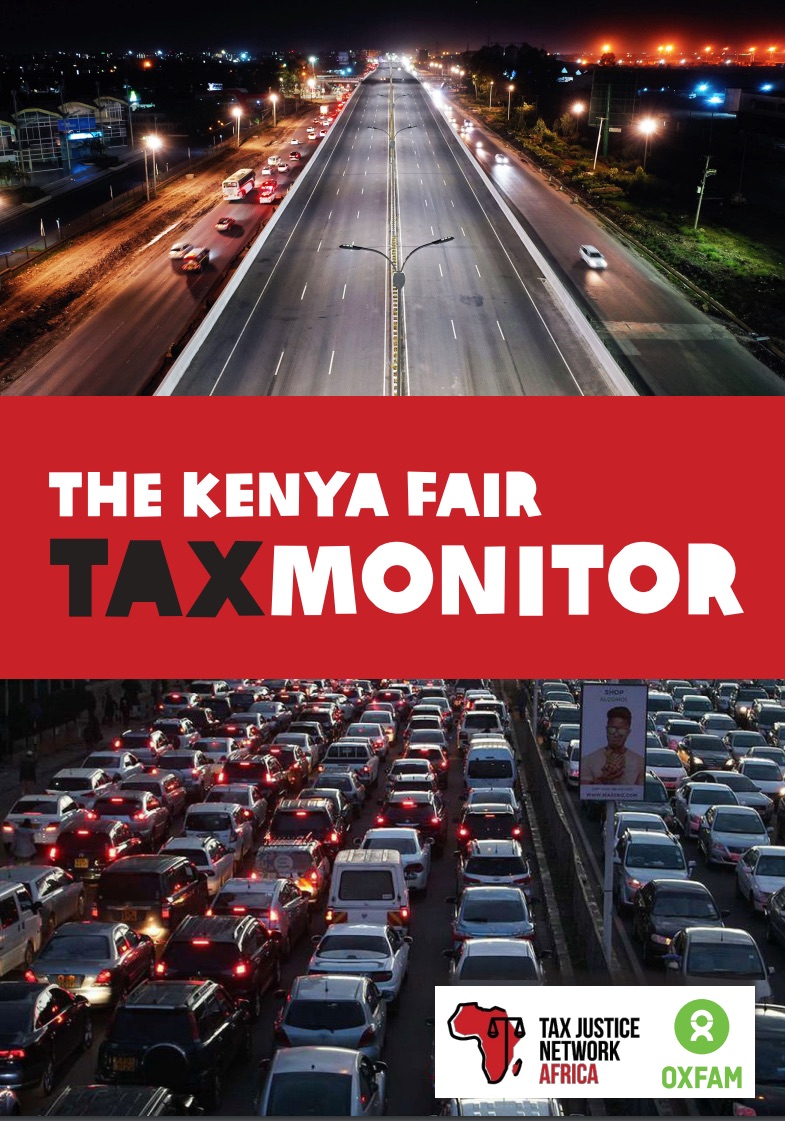
This is the Fair Tax Monitor report on Kenya published in 2022. This report reflects on Kenya’s economic crisis following the Covid-19 pandemic, the growth of inflation, the raising of tax revenues and the societal impacts of these. This study proposes recommendations on how Kenya’s tax system can be improved to not only meet the…
-
FTM Report Sierra Leone 2022
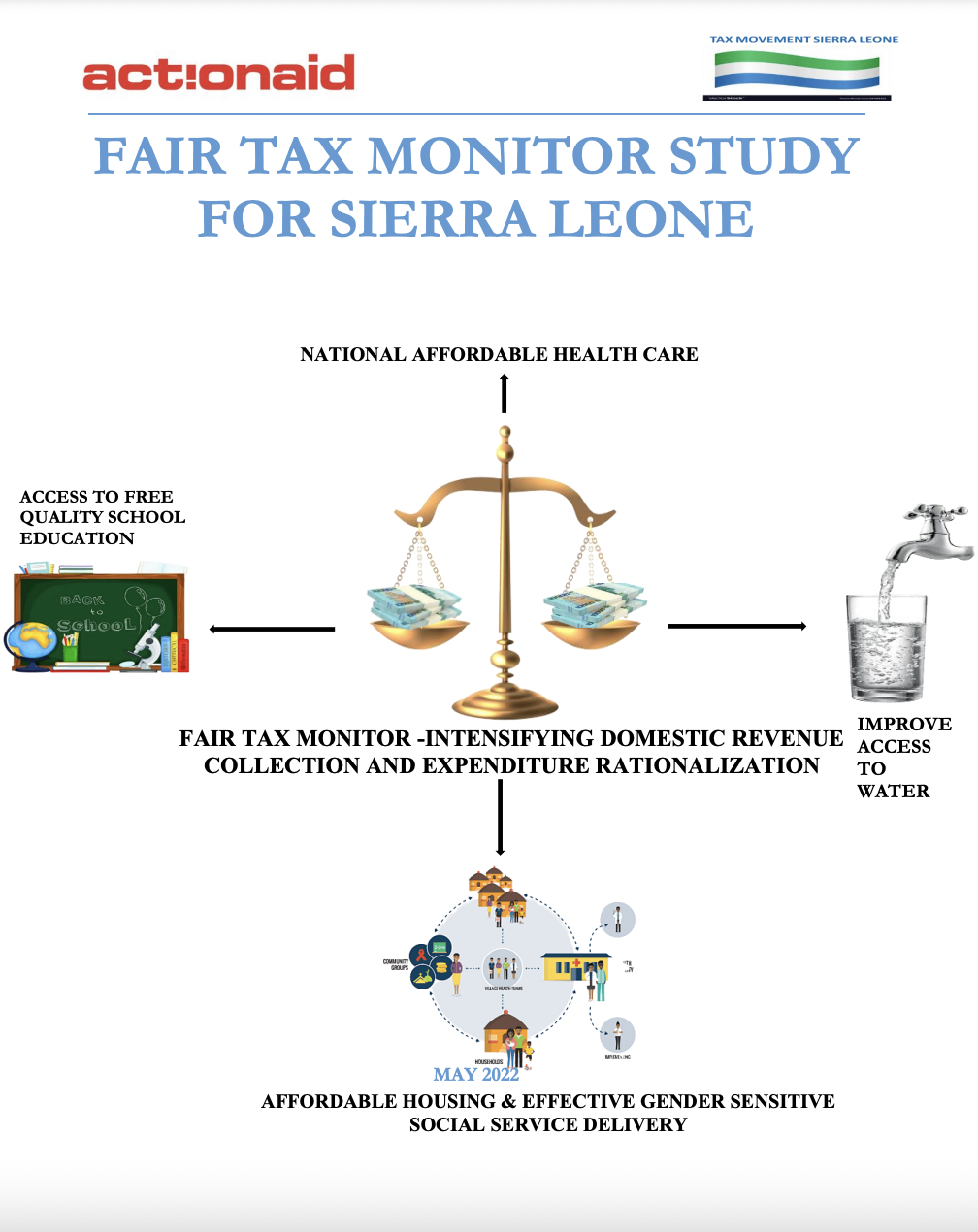
This study utilized the common FTM framework to evaluate Sierra Leone tax system for the past five (5) years (2015 to 2019). The criteria used in this framework focuses on the first three (3) of the six (6) thematic areas namely: distribution of the tax burden and progressivity; revenue sufficiency and tax leakages; and tax…
-
FTM Report Zambia 2022
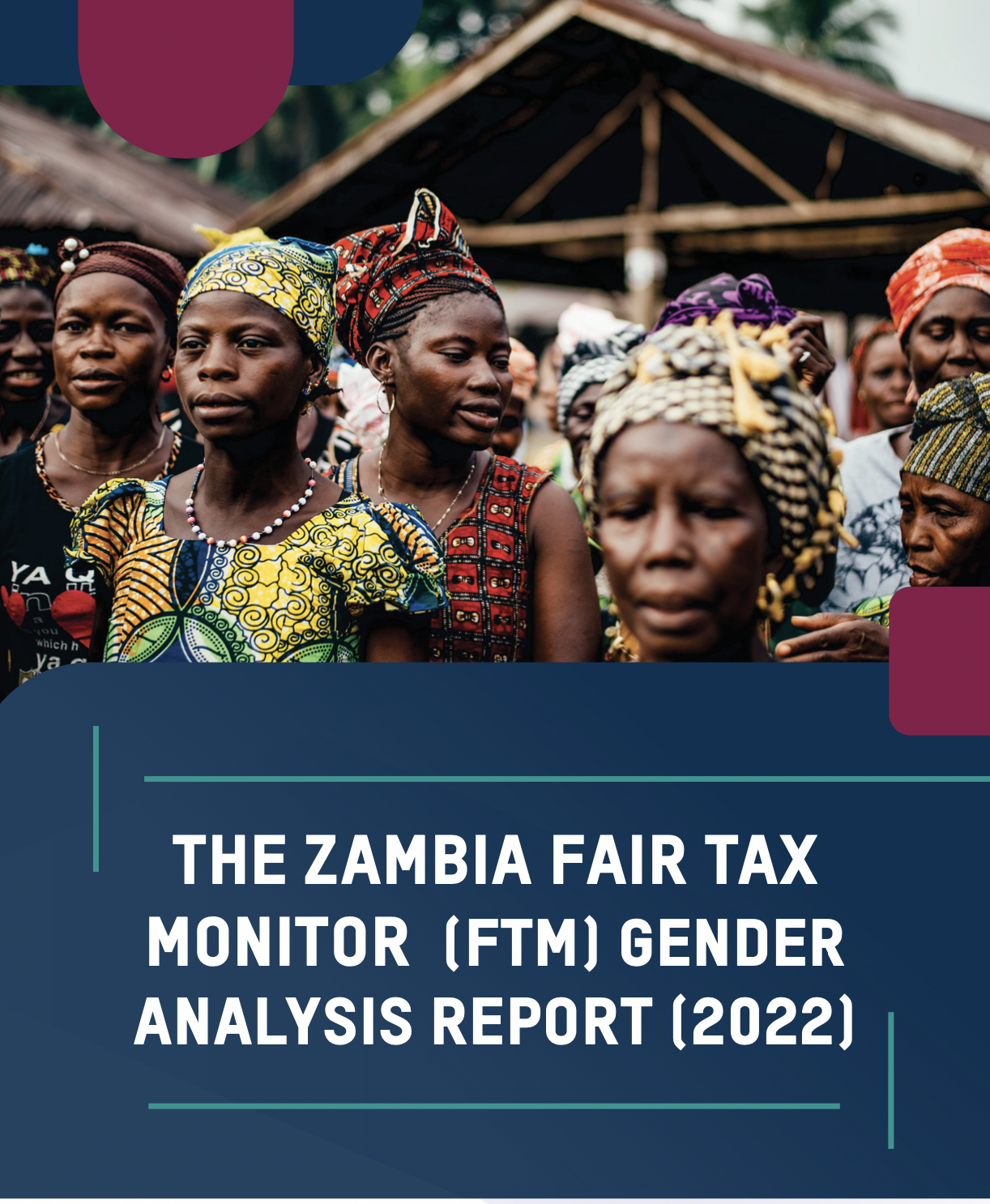
This FTM gender analysis report will analyse key developments over the years (2010-2022) such as the Covid-19 pandemic, the launch of the Economic Recovery Program (ERP) 2020-2023, the Eighth National Development Plan (8NDP) formulation, national budgets and global taxation developments. The analysis will serve as a basis for evidence-based advocacy urging the Zambian government, private…
-
FTM Report Uganda 2021
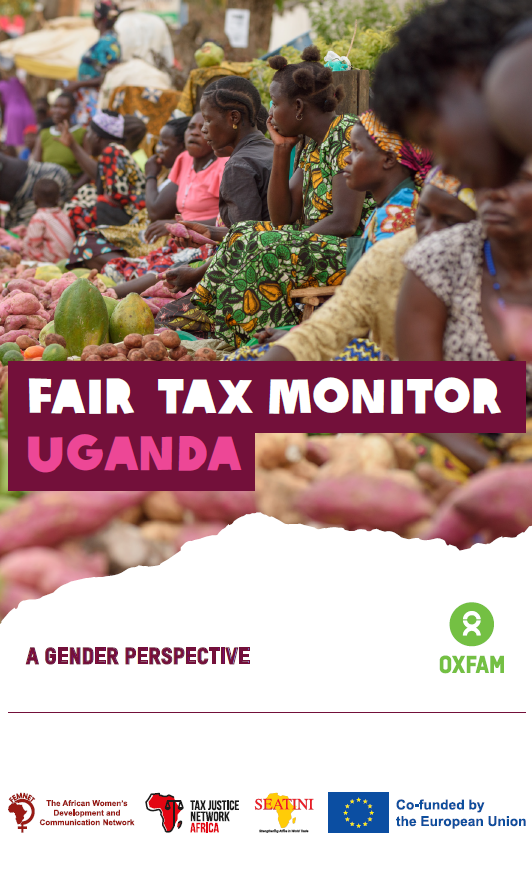
This report is the third FTM study conducted for Uganda. It stands apart from previous studies by focusing on the gendered impacts of Uganda’s tax system. The main objective of this study is to generate credible evidence for influencing pro-poor gendered fiscal policy reform in Uganda.
-
FTM Report Zambia 2020
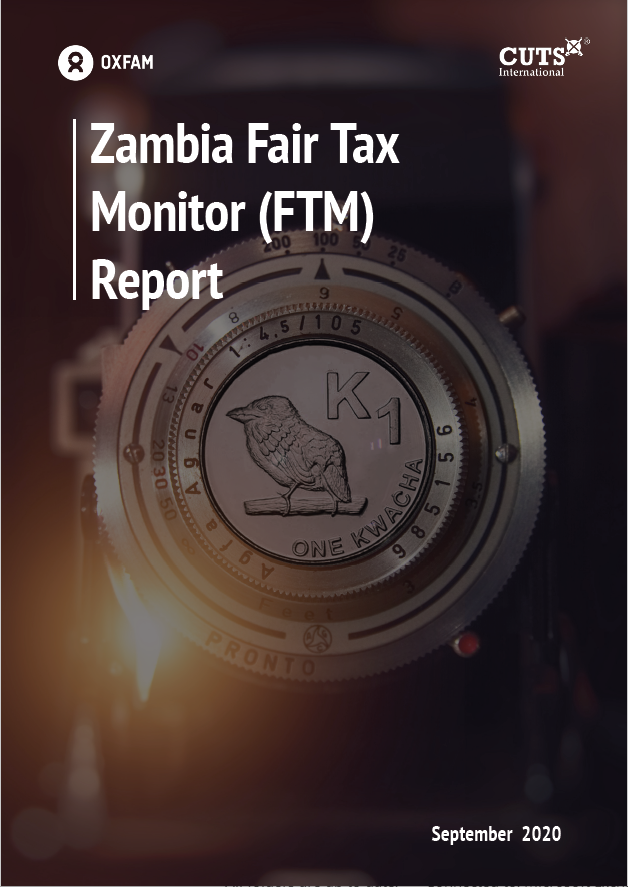
This report initially looks at previous fragilities and gives a brief description of the Zambian tax system. It further analyses the pre-Covid tax regime following the 6 clusters of topics: (i) Distribution of the tax burden and progressivity; (ii) Revenue sufficiency and illicit financial flows; (iii) Tax competition & corporate incentives; (iv) Effectiveness of the…
-
FTM Report Cameroon 2020
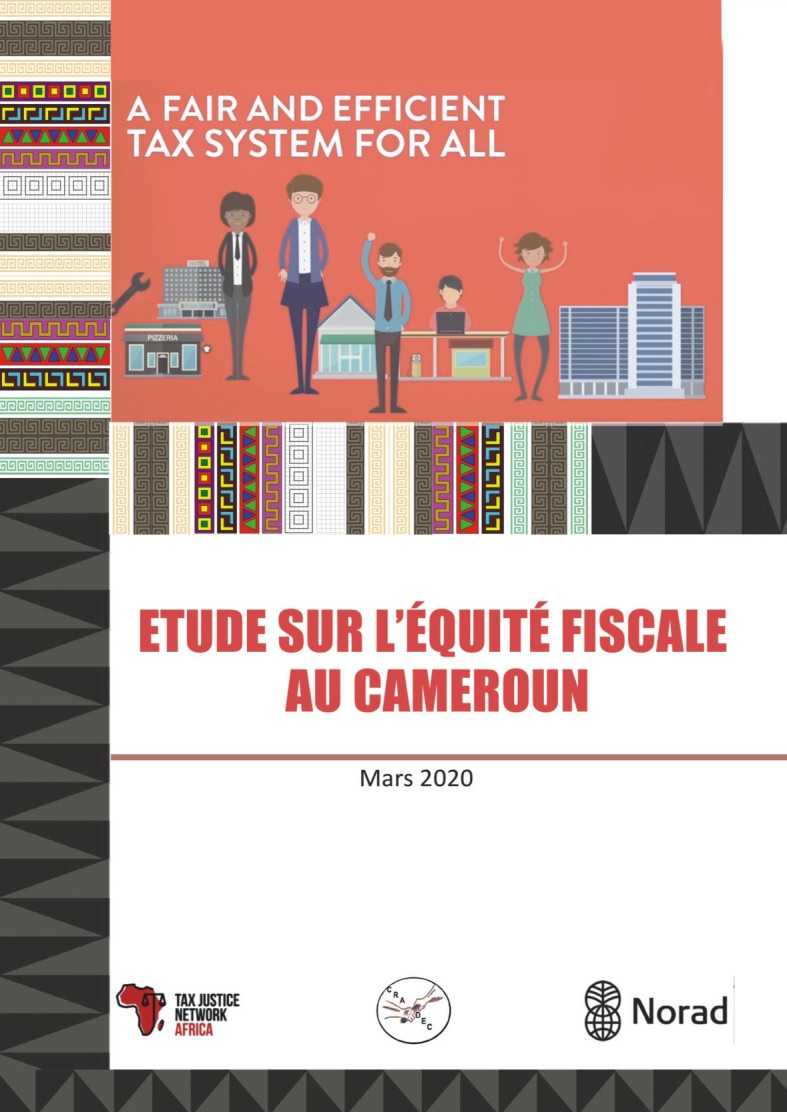
The Étude sur l’équité fiscale au Cameroon, conducted within the framework of the Fair Tax Monitor (FTM) focuses on assessing fiscal equity in Cameroon. The study, commissioned to Dr. Victor Stéphane ESSAGA, with the collaboration of consultant Idriss Lirge, is part of the FTM project designed as a tool for measuring fiscal justice, serving as…
-
FTM Report Morocco 2020
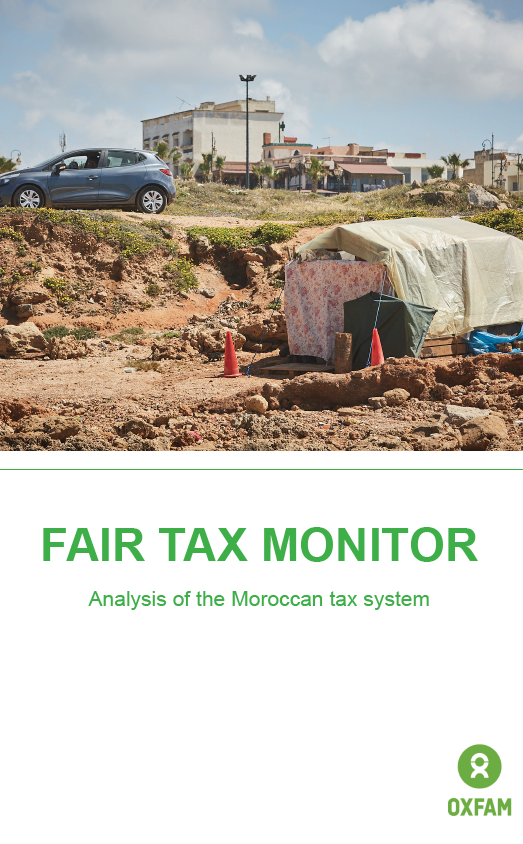
The study at hand is part of a particular context, in which questions are raised about the post-Covid 19 world and aims to contribute to the current debate by introducing elements regarding the role of the Moroccan tax system. The specific objective of this study is to assess the progressivity of the Moroccan tax system…
-
FTM Report Tunisia 2019
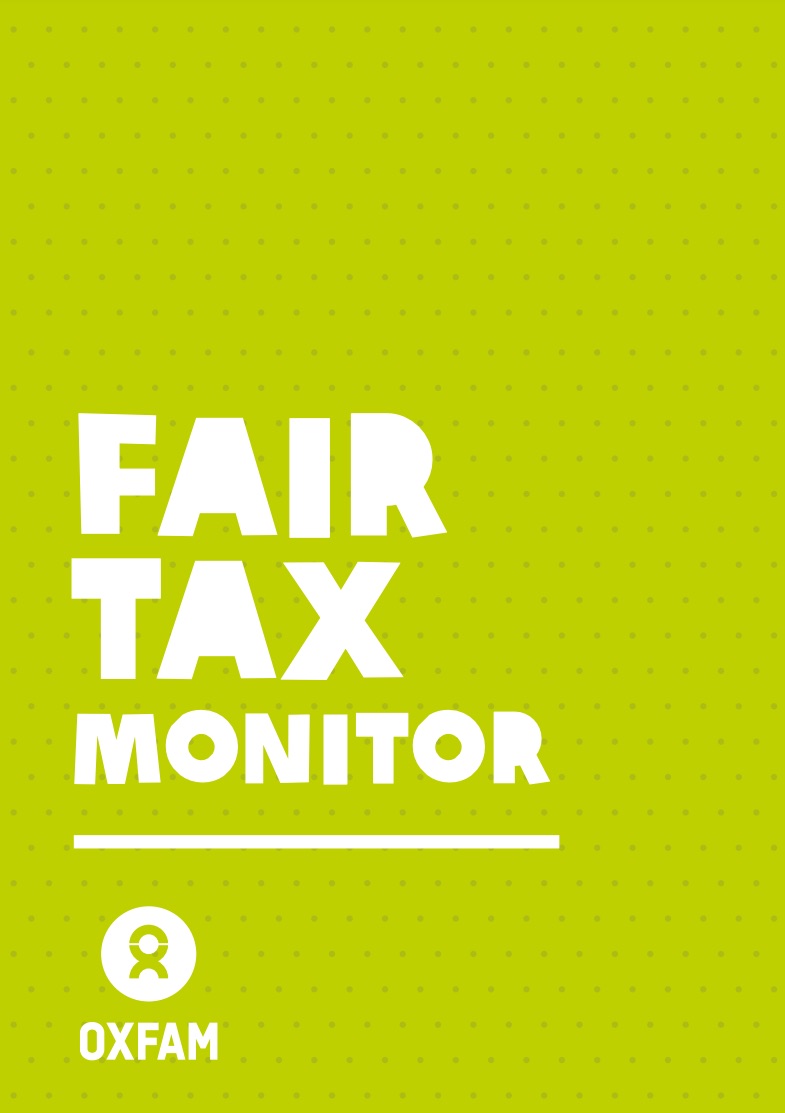
Summary of findings Legislatively, the Tunisian tax system encompasses various forms of taxation related to income, wealth, and consumption. However, the report finds that the Tunisian tax policy falls short of equity imperatives. It emphasizes an overreliance on regressive taxation, particularly through high prevalence of indirect taxes (63.3% of tax revenue in 2018), such as…
-
FTM Report Nigeria 2019
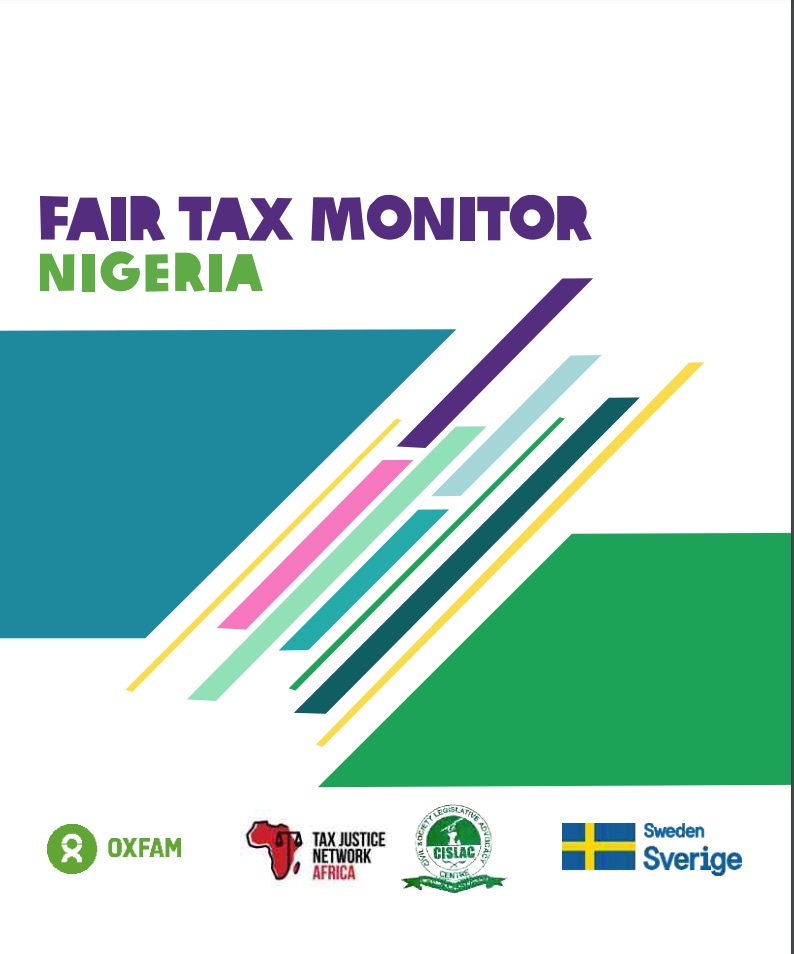
Nigeria’s tax collection performance is very poor at the moment. Tax revenues make up just 5-6% of GDP, which is remarkably low for a country with one of the biggest economies of the continent and also by comparison to neighboring countries. Especially non-oil revenues have much potential to increase: they only make up 3-4% of…
-
FTM Report Occupied Palestinian Territories 2018
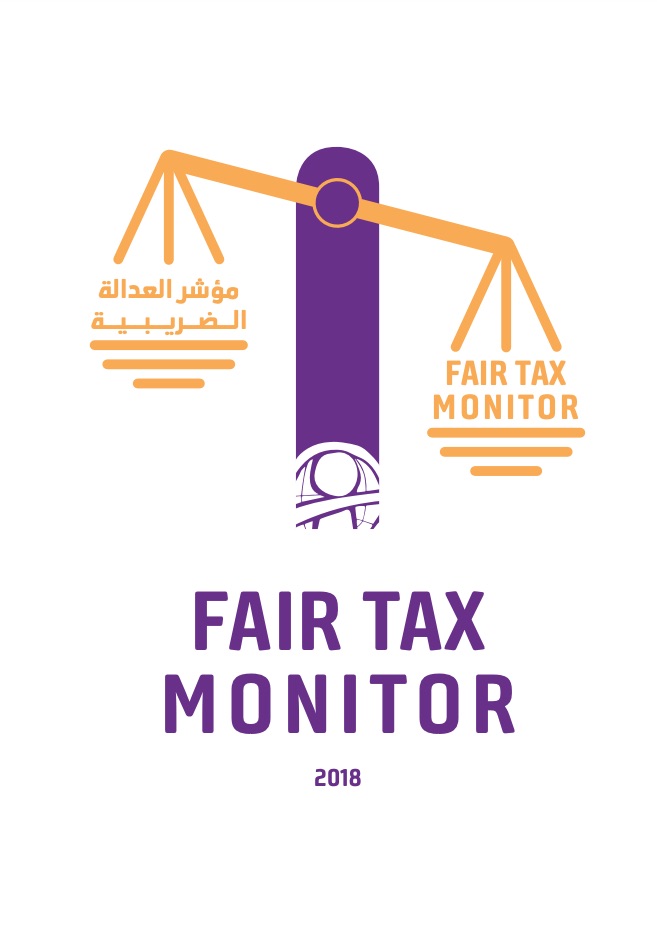
Objectives The objective of the present Fair Tax Monitor (FTM) OPT is to provide the public, that is to saythe citizens, and civil society organizations (CSOs) with a quantitative and qualitative analysis and overview of all components of the Palestinian tax system. The FTM relies on publicly available data on the tax burden, distribution of…
-
FTM Report Uganda 2018
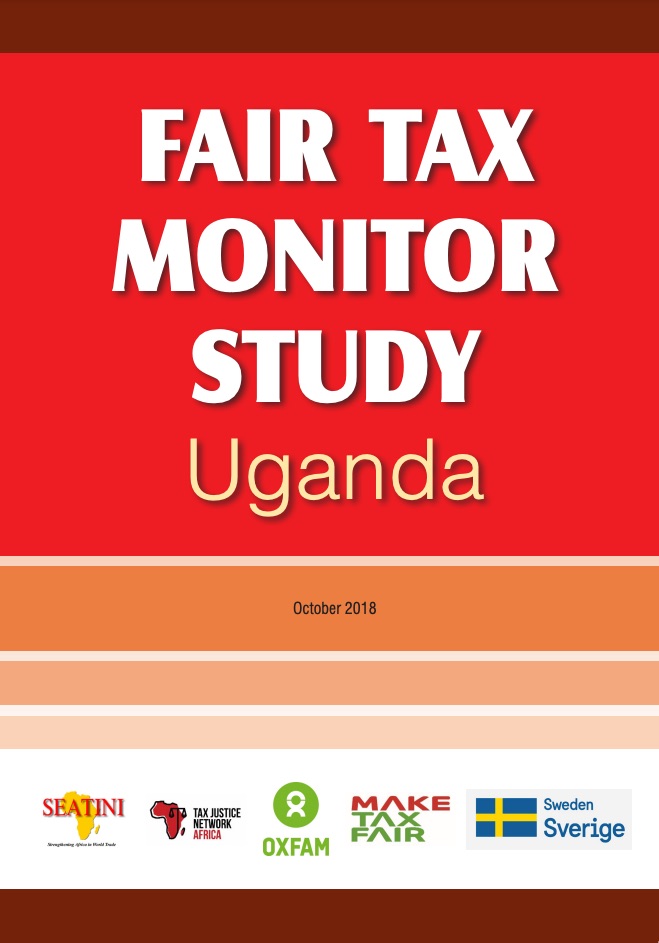
The study recommends the following: a. Parliament should amend Section 77(1)-(2) of the Public Finance Management Act (PFMA), 2015 which accords the Minister to award tax exemptions, report and justify the award to parliament b. Parliament should repeal Section 21 (q), (t), (s), (v) of Income Tax Law to provide tax holidays up to a…
-
FTM Report Pakistan 2018
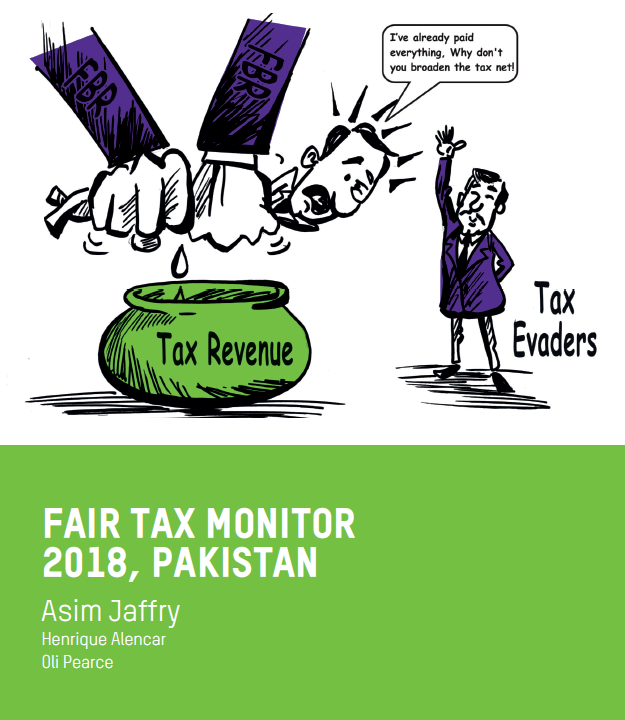
Until now, no one has calculated how much tax loss Pakistan has suffered since 1977 on account of non-taxation of agriculture income alone, as suggested under the Finance Act 1977. Through Statutory Regulation Orders (SROs) issued during the last four decades, the figure comes to over Rs. 100 trillion. This demonstrates how unprecedented concessions to…
-
FTM Report Vietnam 2018
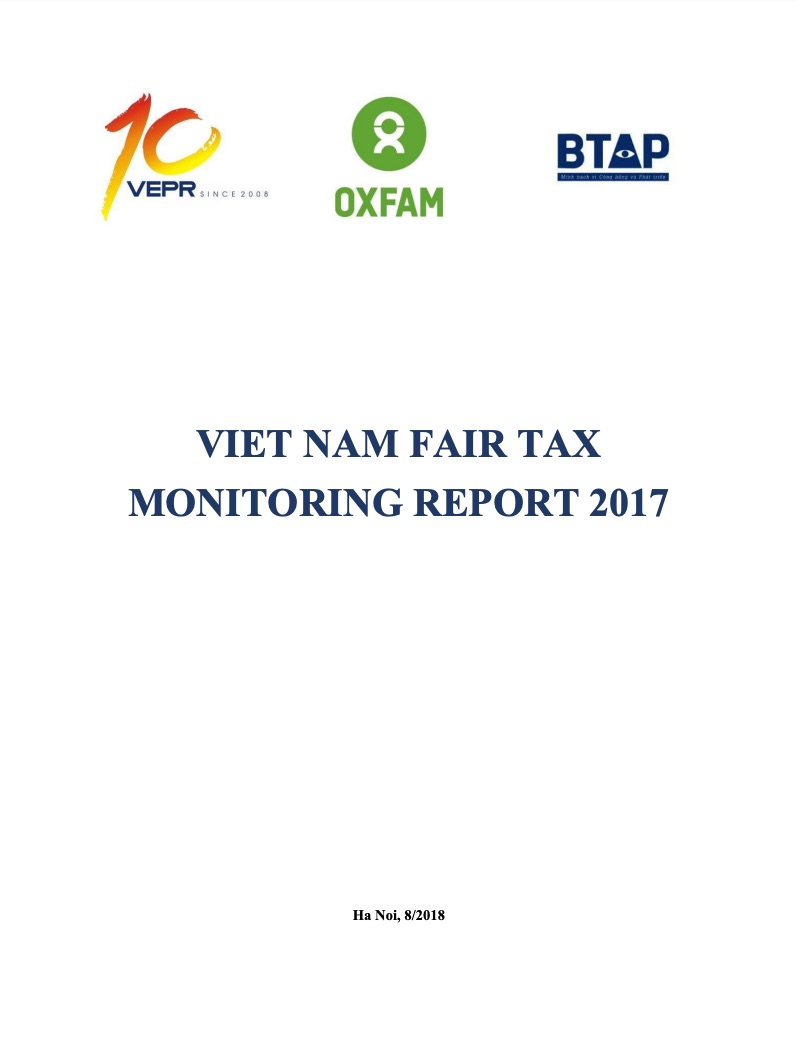
Equity in mobilizing and utilizing tax resources is one of the top concerned issues in all countries worldwide. Assessing the fairness of taxation, however, is always a challenge and has not yet attained complete consensus. Viet Nam is a transitional economy and has been experiencing solid transformation with the mindset to which the economy is…
-
FTM Report Uganda 2016
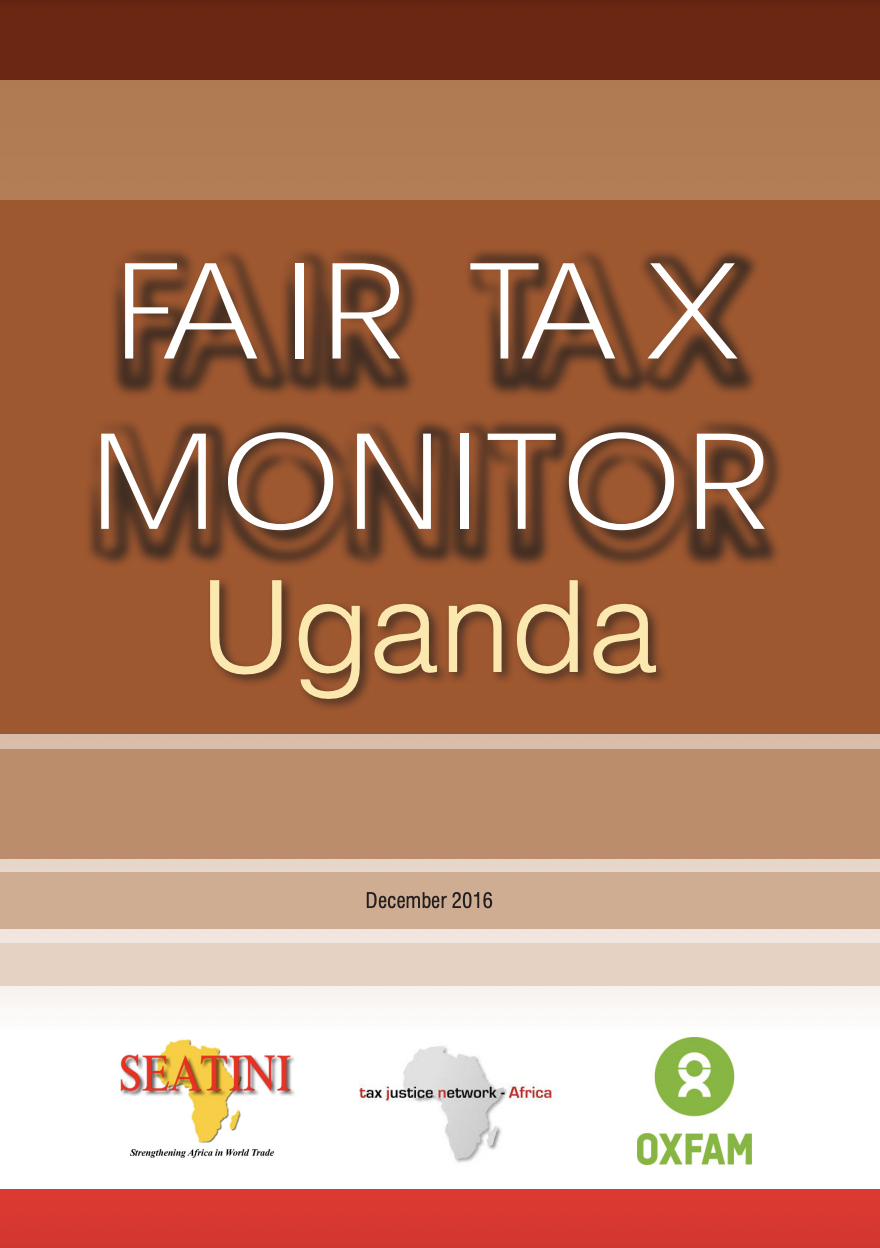
Uganda is currently implementing a number of policy and administrative measures to generate revenues to finance service delivery and development projects. Revenues are being targeted from both tax and non-tax sources. Citizens are obliged by law to pay taxes, and the government is required to let them know how their taxes are being used. However,…
-
FTM Report Bangladesh 2016
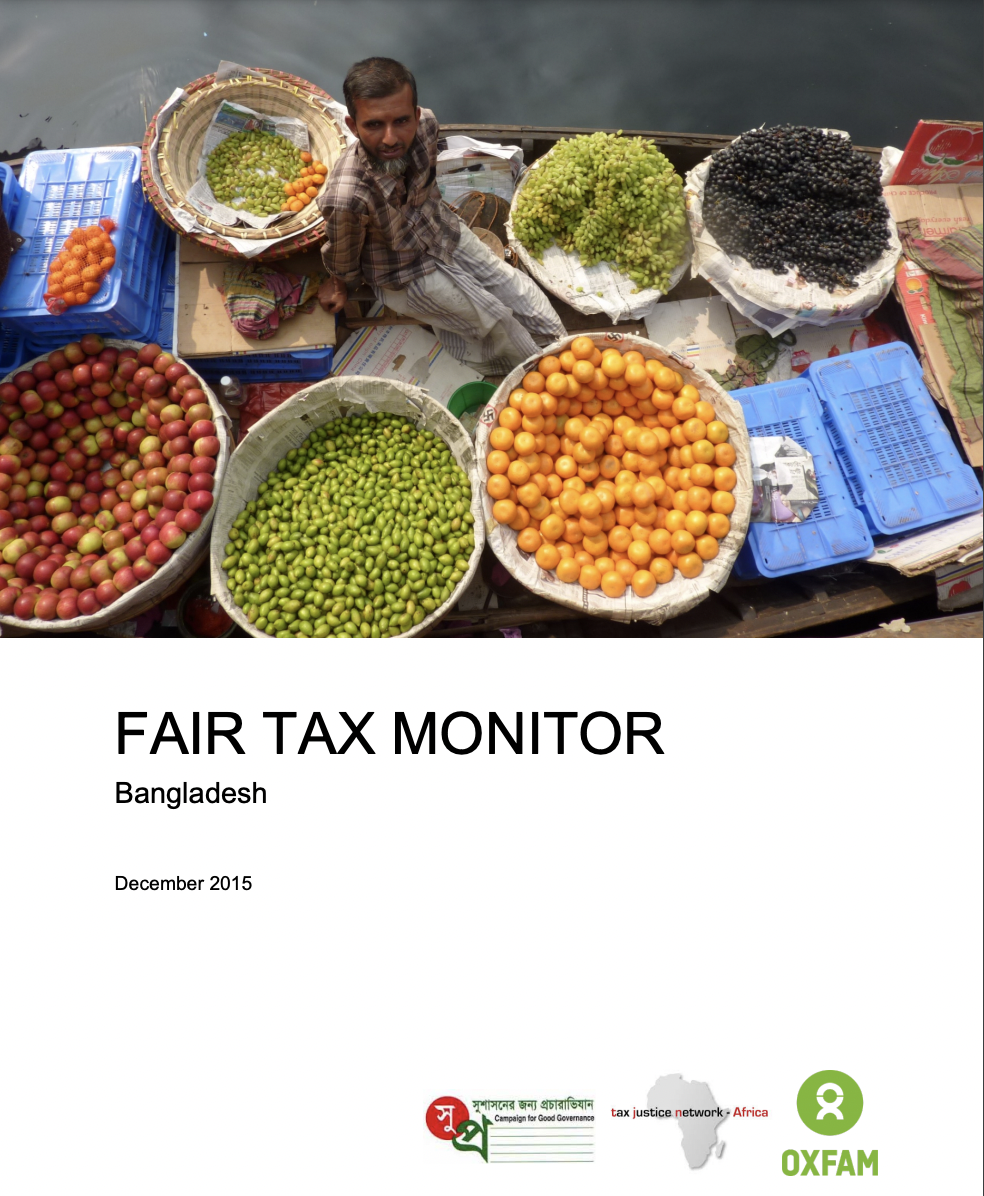
With an aspiration to make Bangladesh’s tax system fair, equitable, transparent and compliant with people’s aspirations, this study was undertaken to understand the country’s overall tax system, its loopholes and potential, so that the advocacy agendas are drawn up on solid research-based knowledge. Through employing an exploratory study methodology based on secondary data and archival…
-
FTM Report Senegal 2016
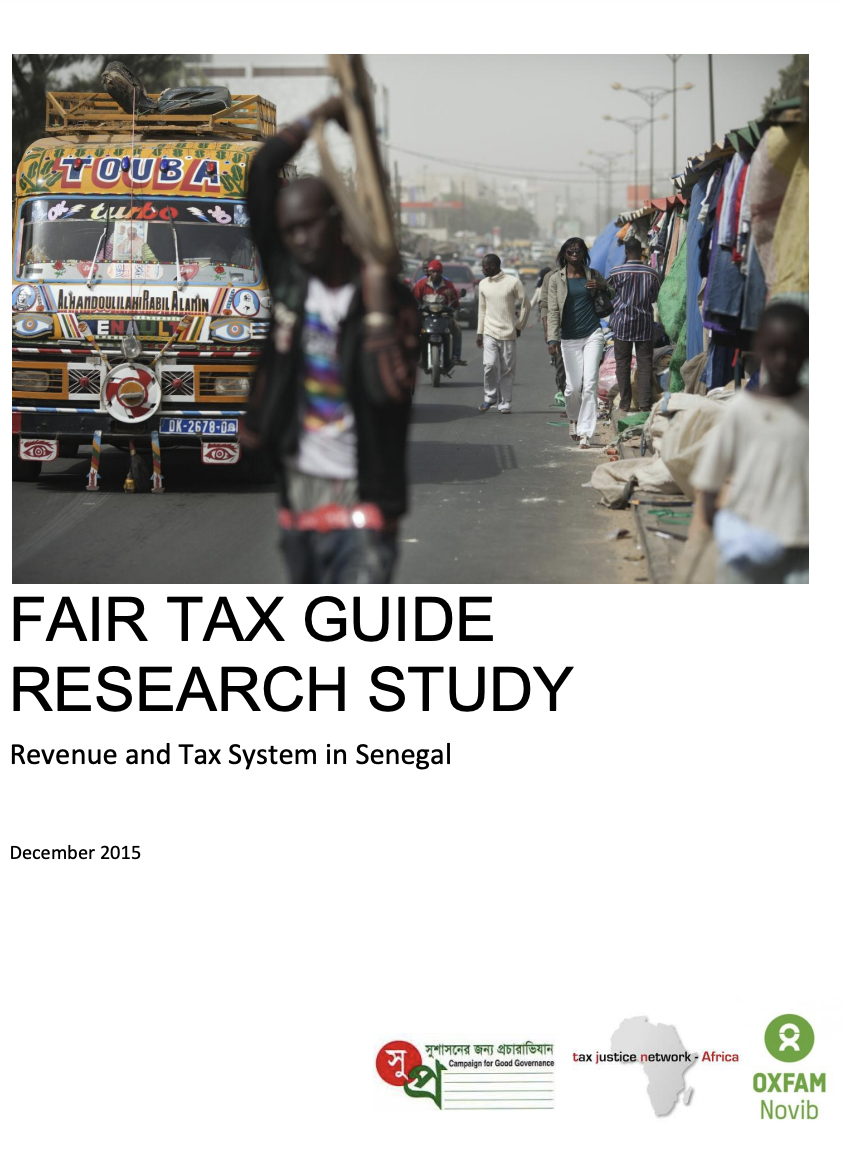
This report is in French. Le Baromètre sur la fiscalité équitable permet une cohérence dans la recherche avec des comparaisons dans le temps et entre différents pays. Il en résultera une base de preuves claires pour le plaidoyer au niveau mondial. Le rapport sur le Senegal, même s’il souffre encore de l’absence de plusieurs informations…
